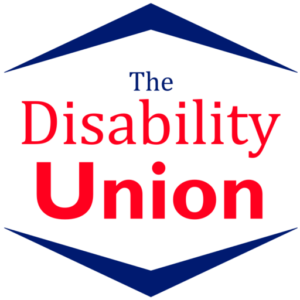Nutrition Diploma
Course Code:
Duration:
12 hours
Qualification:
Nutrition Diploma
Exams Included:
Yes
Compatibility:
All major devices and browsers
Delivery method:
Online (In-house also available )
ENQUIRE
NOW
Nutrition Diploma
This course is designed to help students learn about the fundamental principles of nutrition including physiology, anatomy, macronutrients and micronutrients, duties and responsibilities of a nutritionist and more.
What you will learn:
Introduction to the concept of nutrition and how it impacts individual and public health in the UK. In addition, you will learn about balanced diets and the idea of a food pyramid.
Human anatomy and physiology including organ systems such as digestive, muscular, skeletal, nervous, endocrine, urinary, respiratory and cardiovascular systems.
Structure and metabolism of fats, proteins and carbohydrates as well as enzymatic action.
Rich sources of proteins, carbohydrates and fats and the number of calories that different nutrients provide. You will learn about the correct proportion of nutrients involved in a balanced diet.
Monosaccharides, disaccharides and polysaccharides and the specific organs and enzymes involved in the breakdown of macronutrients. You will also learn about important amino acids, fatty acids and their derivatives.
Vitamins (including Vitamin A, B, C, D, E and K) and for every vitamin, you will learn about its functions, benefits, deficiency and toxicity symptoms.
Action and benefits of minerals like calcium, iron, phosphorous, magnesium, potassium, sodium and so on. You will learn about deficiency symptoms as well as the interplay between vitamins and minerals.
Different nutritional requirements of women in different stages of their lives including puberty, pregnancy and lactation phases.
Nutritional requirements for infants, growing children and teenagers as well as identify different eating disorders like anorexia and bulimia.
Special nutritional requirements of older people and sportspersons as well as the duties, responsibilities and job profile of nutritionists.
Benefits of Studying the Course
You will enjoy opportunities to interpret your knowledge of nutrition and apply it to help clients achieve their health goals.
You can confidently evaluate and assess school and office menus and suggest modifications that help improve the nutritional value that they provide
You can work together with other professionals to create and plan dietary plans for clients and groups
Over time, you can specialise in an area of nutrition that stirs your passion and enthusiasm. Examples include geriatric nutrition, women’s nutrition or nutrition for teenagers.
As a nutritionist, you can provide value to individual health as well as public health.
Course Modules/Lessons
Module 1 : Introduction to Nutrition, and Changes in Nutrition in the UK
Module 2 : Basic Anatomy and Physiological Processes in the Human Body
Module 3 : Macronutrients in Foods: Proteins, Carbohydrates and Fats (Part I)
Module 4 : Macronutrients in Foods: Proteins, Carbohydrates and Fats (Part II)
Module 5 : Digestion and Metabolism of Fats and Micronutrients, and their Role in Nutrition (I)
Module 6 : Micronutrients and their Role in Nutrition (II)
Module 7 : Micronutrients and their Role in Nutrition (III) (Vitamin B Complex, Minerals and Electrolytes)
Module 8 : Nutritional Requirements for Infants, Growing Children and Teenagers
Module 9 : Nutrition for Women, Nutritional Requirements during Pregnancy, Lactation and Menopause
Module 10 : Dietary Reference Values in the UK; Duties, Responsibilities and Job Profile of a Nutritionist


